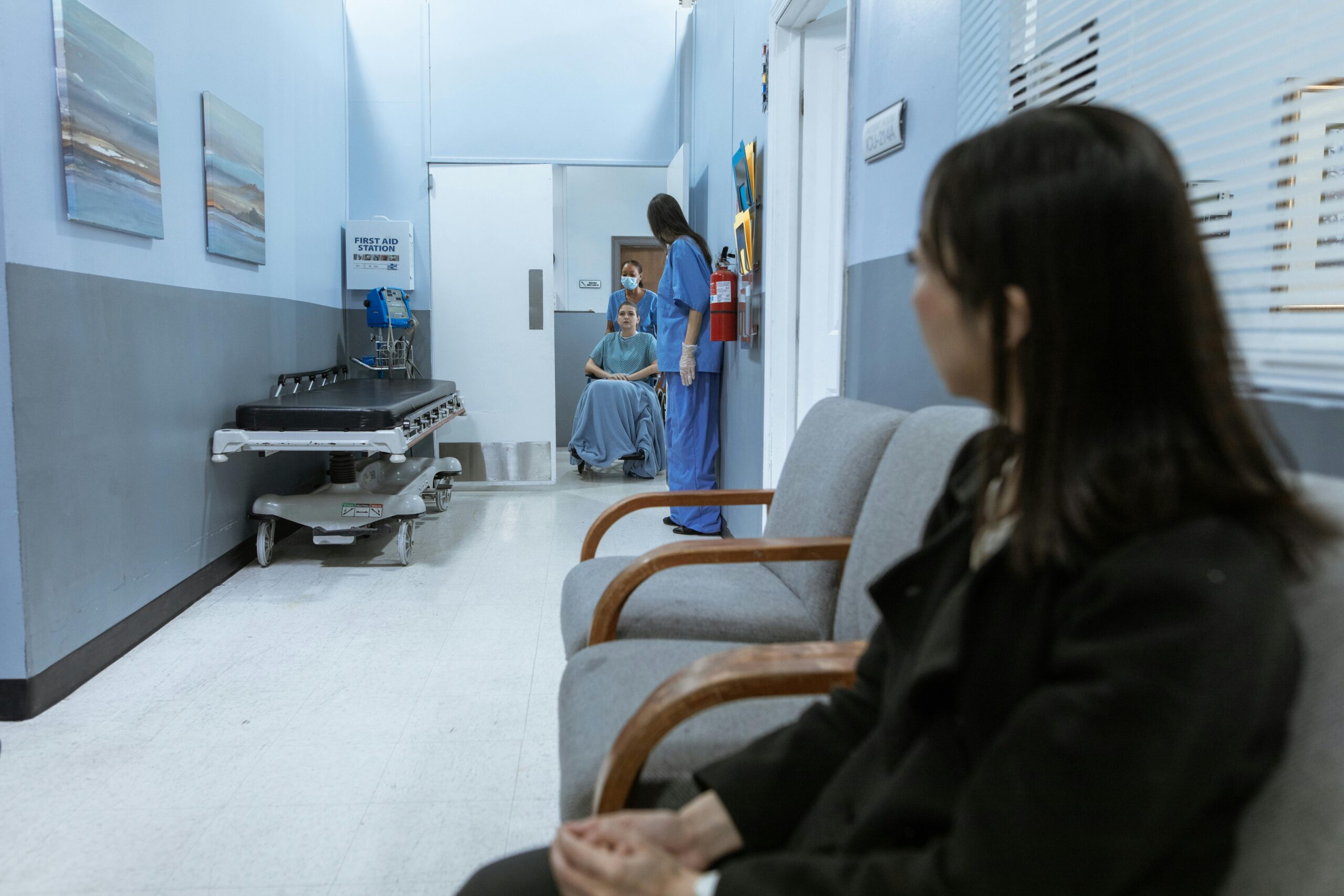Telemedicine Cannot Fully Replace in-person Paediatric Care

In response to the rollout of paediatric telemedicine due to COVID-19, researchers have identified implementation considerations regarding these services.
The study, led by the School of Physiotherapy, RCSI University of Medicine and Health Sciences, is published in Opens in new window Frontiers in Pediatrics.
Among the considerations highlighted by clinicians and families were:
- Technology proficiency
- Lack of confidence in the quality/reliability of the technology
- Connectivity quality
- Concerns around legal issues
- Increased administrative burden
- Fear of inability to conduct thorough examinations of children with reliance on subjective descriptions.
Despite these challenges, there is generally a high rate of acceptability among healthcare practitioners and families who have experienced using telemedicine. Families who live greater distances from clinics find it especially useful.
“Telemedicine will not lend itself well to every type of clinical appointment or suit every family, and it cannot replace in-person care,” said Dr Grace O’Malley, the study’s senior author and StAR research lecturer at RCSI.
“In order to implement safe, secure and high quality telemedical services, comprehensive training and continuous, accessible technical support is vital. There is a need for effective workflow plans not only for tele-consultations but also the administrative work and personnel needed to facilitate these and to support families. Such plans will streamline processes, address equity in using telemedicine and avoid confusion and uneven workloads.”
RCSI PhD Scholar Louise Tully led the study, where researchers identified 27 eligible studies (19 quantitative; 5 mixed-methods, 3 qualitative) to draw their findings. The work was funded by a RCSI StAR research grant and the HRB SPHeRE programme.
Source: RCSI
You might also like
For relevant updates on Emergency Services news and events, subscribe to EmergencyServices.ie









